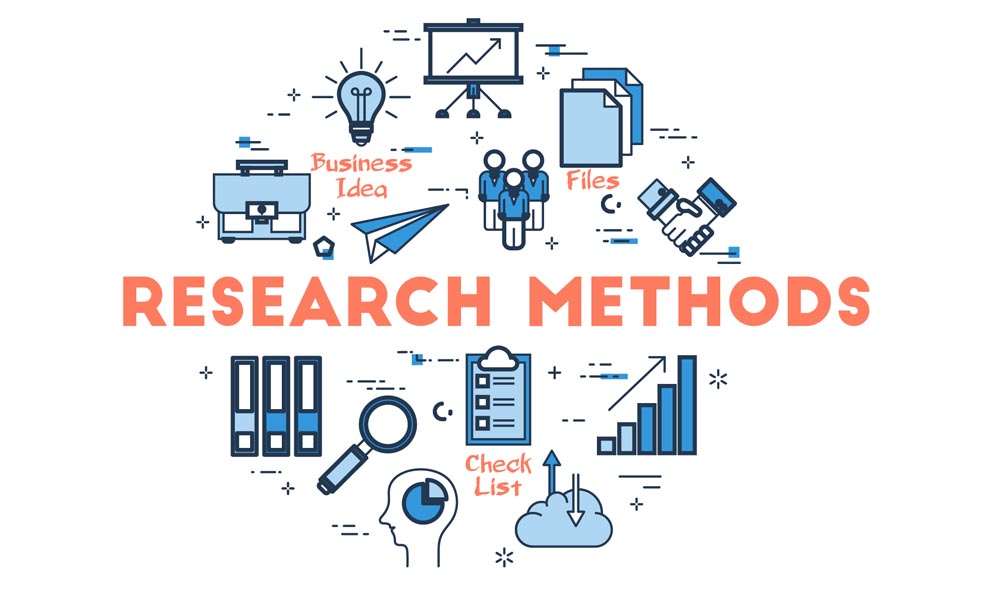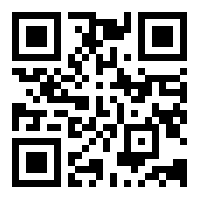Our clients also like us for the following services,
- University registration
- Guide selection
- Topic selection
- Research proposal writing
- Research paper writing
- Research paper editing
- SCI journal publication
- Scopus journal publication
- IEEE journal publication
- Elsevier journal publication More..




